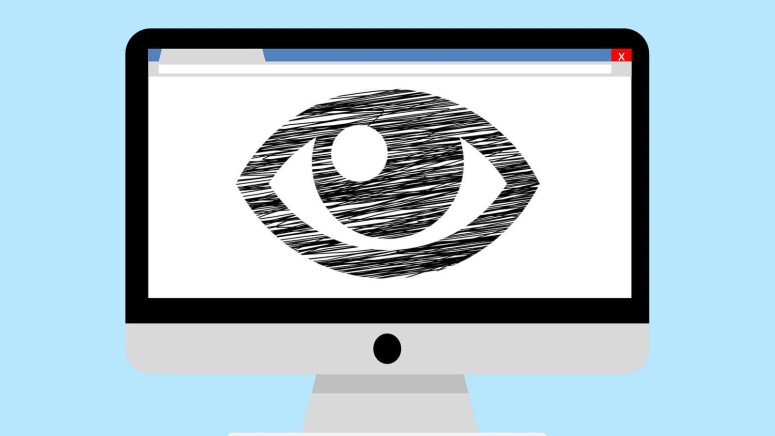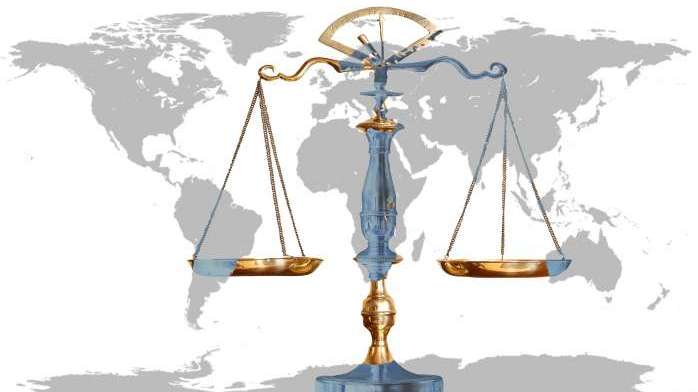How To Respect Internet Privacy?
Most of the time when you read articles about internet privacy online, the idea is to help you protect your own privacy. However, have you ever thought about the fact that you are also responsible for the privacy of other people who share the internet with you?
At some point in your wanderings on the internet, you'll have the opportunity to invade the privacy of another person for one reason or another. When that happens you'll have to make a choice about what you'll do. I want to explain why and how you should respect the privacy of other internet users, with the hope that you'll do the right thing when the time comes.
Do Unto Others
The golden rule is a value found in many different cultures of the world. It's almost universal in its most basic form. Essentially it's a moral rule that says you should treat other people the way that you would want to be treated.
We can apply the golden rule to internet privacy quite easily. When faced with something that could infringe on another person's privacy online, ask yourself the golden rule question. If your positions were reversed, would you be OK with someone else doing what you're about to? If the answer is no, then you should seriously rethink your actions.
Learn to Keep a Secret
From time to time, you'll come into possession of information that's sensitive and private. There are many ways this could happen. Someone could send you an email by mistake or reveal too much about themselves in an online chatroom. Maybe you've put two and two together and realized something about a person's activity on social media and private activities.
It's natural to want to share juicy information about someone else. Social media also makes it much easier to share information with people who know one another. Gossip is hardly ever constructive however and can have a devastating effect on the target as well as the people around them. Moreover, you may lose the trust and respect of the people you share confidentially with. After all, by sharing sensitive information with them, you're showing you can't be trusted. Which is one way you harm yourself by leaking information you have no right to spread?
Curb Your Curiosity
Everyone has some degree of curiosity to their personality, that's just human nature. The problem is that too much curiosity can get you into real trouble, or hurt someone else. If you have the burning desire to dig deeper into another person's online privacy, you have to ask yourself why it's so important. Is it just pure curiosity? Does your behavior cross into the realm of cyberstalking? It's very important that you question the motivations behind your own curiosity and don’t just dig into information for its own sake.
Revenge is Unhealthy (and Illegal)
A lot of problematic online behavior comes from a place of retribution. Sometimes you’ll interact with someone who enrages you. They may insult you or argue with you in a way that makes you feel embarrassed and stupid.
In other cases, you may be angry at a person you know in real life and then invade their digital privacy with the aim of getting back at them. Revenge pornography is another example of horrible privacy breaches committed by people who know each other in real life.
These negative social interactions are one of the main reasons social media has become so toxic. It’s too easy to become touchy or enraged at the smallest thing. Even when you really are being targeted or abused online, the last thing you should do is take matters into your own hands. Instead, you should collect evidence, report, block and speak to the authorities. Depending on the severity of the harassment. Harboring resentment is psychologically damaging.
More importantly, that person doesn’t automatically lose their own privacy rights just because they have wronged you. Wronging them in return just makes you culpable without addressing the problem. So even when the person whose privacy you want to invade seems to “deserve it” you should still respect it.
Exceptions to the Rule
There are sometimes where you have to disclose private information that would usually be frowned upon otherwise. Your responsibility in this regard will vary from country to country. Along with each unique set of privacy laws. However, in general, you should speak up if you think someone has committed a crime or is going to commit a crime. The same goes for if you think someone is in imminent danger of harming themselves or someone else.
Depending on your country’s specific laws, it might actually be illegal for you to have this sort of information and not report it. These sorts of exceptions are very limited, however. At least in nations that really care about individual privacy.
Be a Privacy Advocate
The most important responsibility you have when it comes to the online privacy of other people is to be an advocate for privacy. If someone makes mistakes that compromise their privacy, point it out to them. When you see practices at work or online that are anti-privacy, call them out and help others understand the issues. Privacy is like herd immunity when getting vaccinated. To protect your own privacy, you have to advocate and protect the privacy of others. Privacy is a way of life and a culture if we lose it then it will take an age to get it back. If ever.
How well do you respect others privacy? Let us know in the comments below. If you could share the article online, it would also be great so others can find it too. Follow TechNadu on Facebook and Twitter for instant updates.











